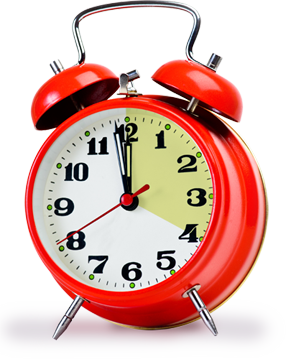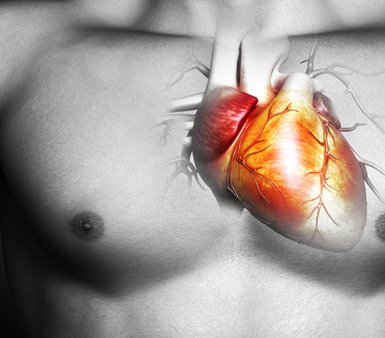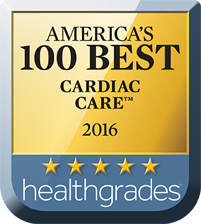- Health Beat /
- Heart & Vascular Care /
- Special Edition /
- Access and Locations /
- Take action
Heart & Vascular Care
EXPECT EXTRAORDINARY #spectrumhasheart
A HEALTH BEAT SPECIAL EDITION
Take action: What to do when symptoms occur
| Symptoms | Action |
|
A friend tells you she is breaking out in a cold sweat and feels nauseated. In addition, she started feeling some pressure in her chest a little while ago. She described it as nothing unbearable, just uncomfortable. It went away, and now it’s back.
|
Dial 911. Your friend may be having a heart attack, which occurs when blockages in coronary arteries deprive the heart of oxygen. Many heart attacks start out slowly. People aren’t sure what is happening and may wait too long to get help.
|
|
Without warning, Uncle Harry collapses and becomes unconscious. He does not respond to
tapping on his shoulders, and does not breathe when you tilt his head up and check for several seconds.
|
Uncle Harry needs immediate medical care. Dial 911, use an automated electrical defibrillator (AED) if available, and begin CPR. He may be experiencing sudden cardiac arrest (SCA), in which the heart stops pumping.
|
|
You’ve been experiencing shortness of breath, especially when lying down. Your legs and ankles seem to be retaining fluid and swelling. You feel tired often, and your appetite is not what it used to be.
|
See your doctor. You may be experiencing heart failure, in which the heart cannot pump enough oxygen to meet the body’s needs.
|
|
Your mother says that whenever she climbs stairs or walks around the block, she feels a painful cramping in her calves and thighs.
|
Mom should see her doctor. She may be experiencing peripheral artery disease (PAD), in which there are blockages to the arteries supplying blood flow to the legs.
|

20 minutes
Heart cells begin to die as early as 20 minutes after a coronary artery is blocked. During a heart attack, you can save critical time and heart muscle by calling 911 and allowing paramedics to take an EKG on the way to the hospital.What is sudden cardiac arrest?
Sudden cardiac arrest (SCA) is not a heart attack. A heart attack is a circulation or “plumbing” problem in the heart. It occurs when one or more of the heart’s arteries are blocked. With SCA, there is an “electrical” problem in the heart. It occurs when the heart develops a rapid, irregular rhythm, causing it to quiver rather than contract or pump. When your heart is not pumping properly, your body and brain do not get enough oxygen. Without rapid intervention, 95 percent of SCA victims die within 10 minutes.

For more information visit spectrumhealth.org/heart
Also for you...- HealthBeat Subscribe to our free e-magazine
- MyHealth Manage your health information from a secure online account
- Find a Doctor By name or speciality
- Give a Gift Donate online today

Spectrum Health Meijer Heart Center at Butterworth Hospital is among Healthgrades® Top 5% in the Nation for Overall Cardiac Services and America’s 100 Best Hospitals for Cardiac Care™ for 2016.